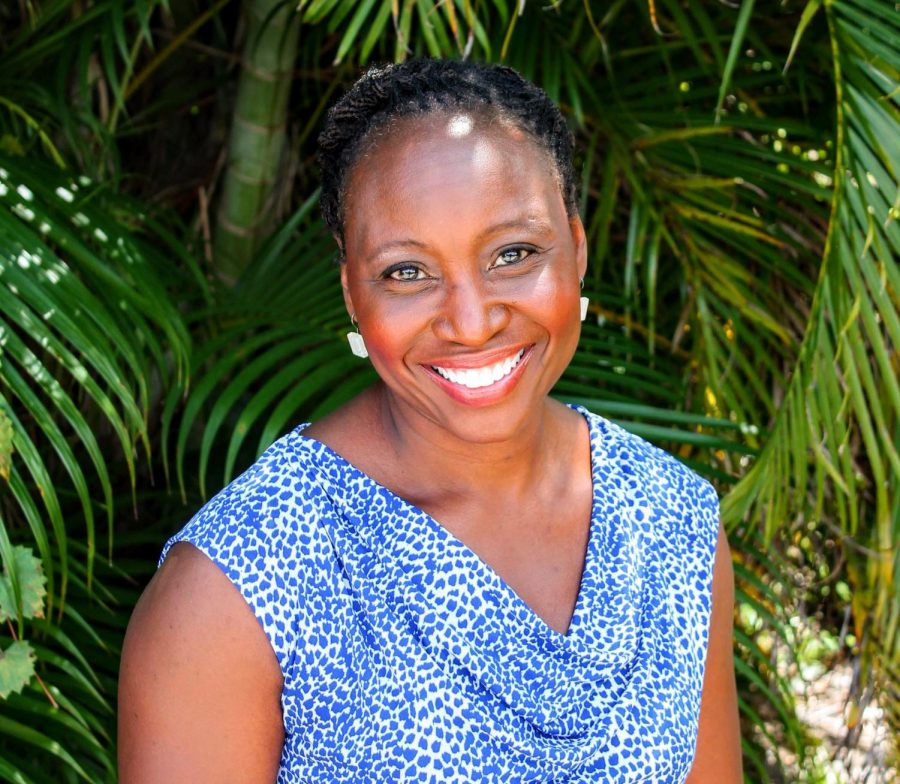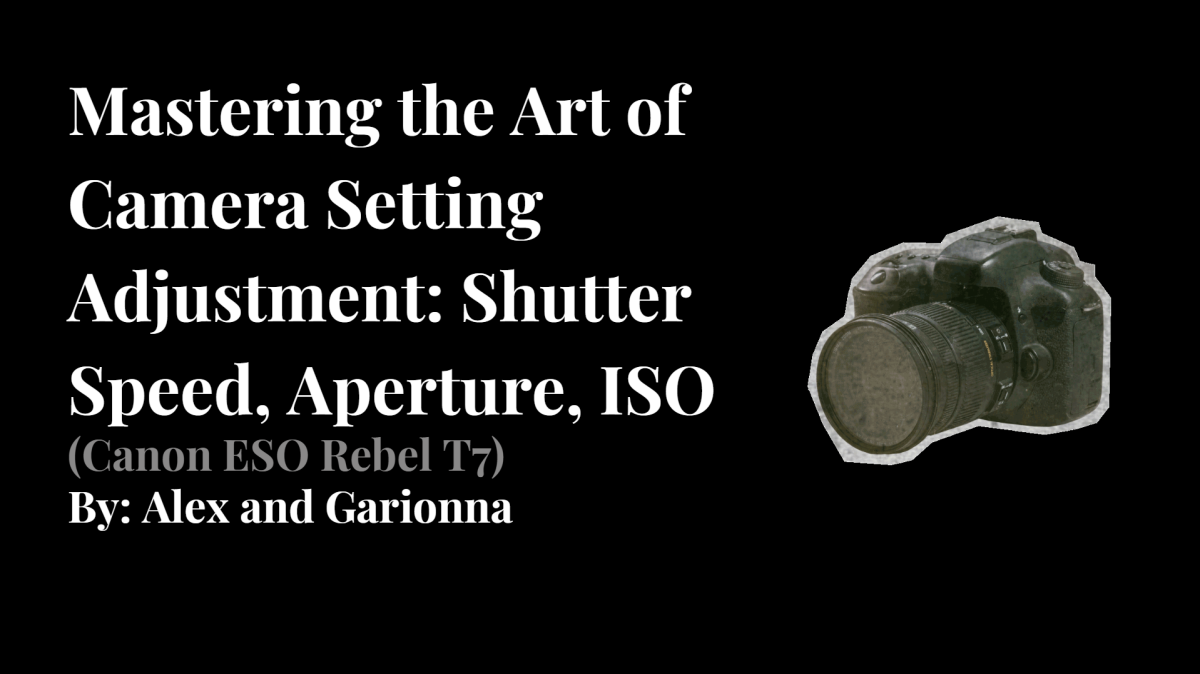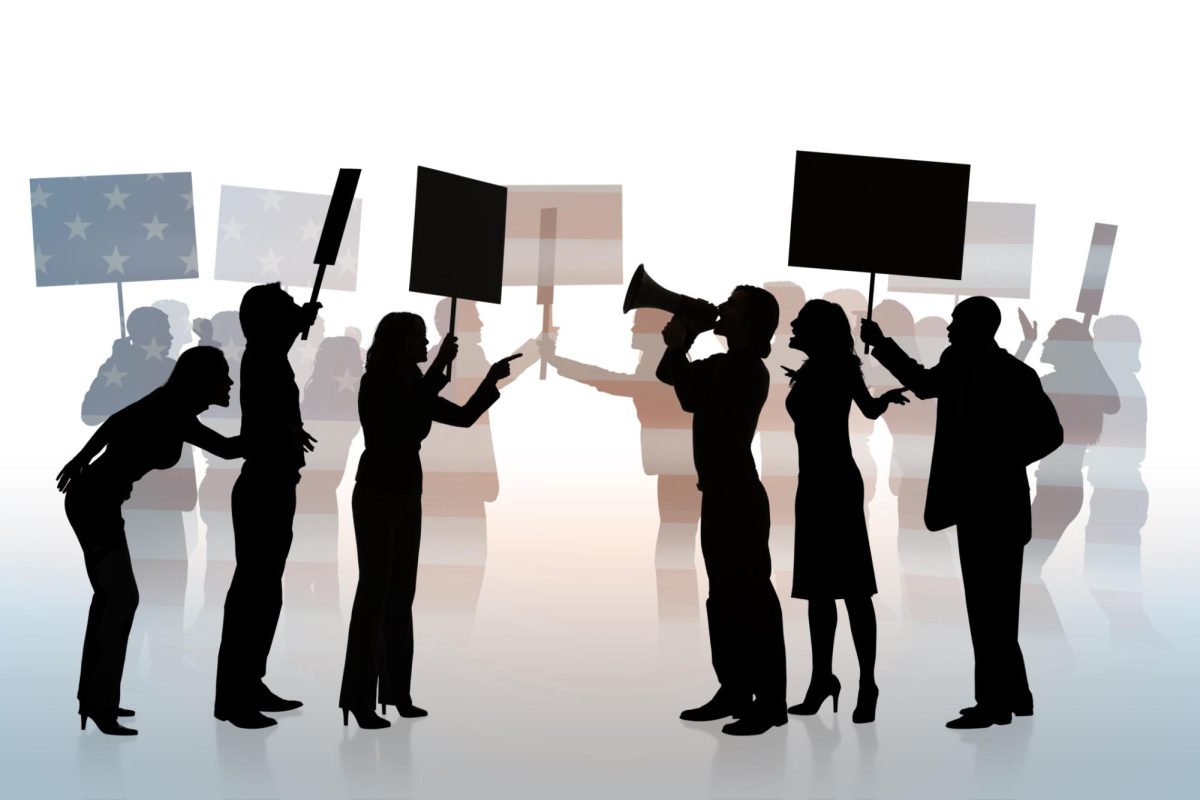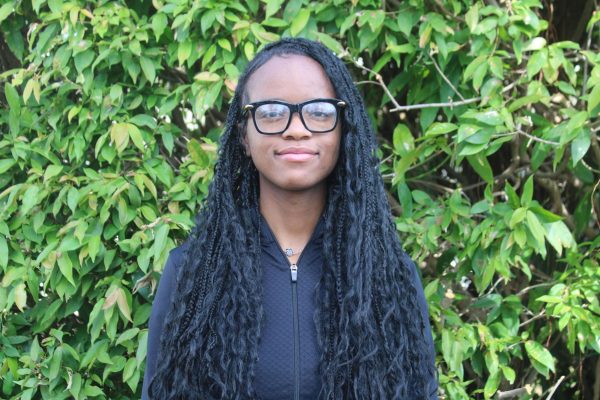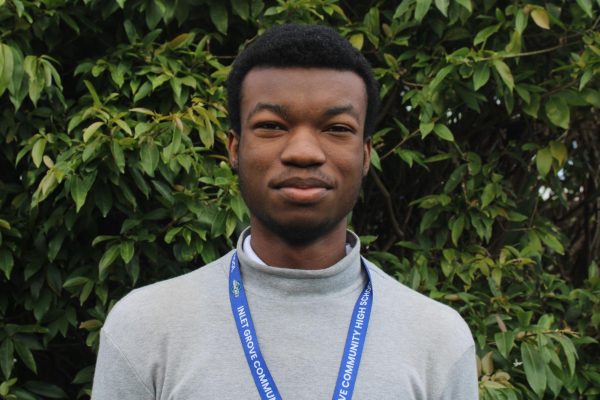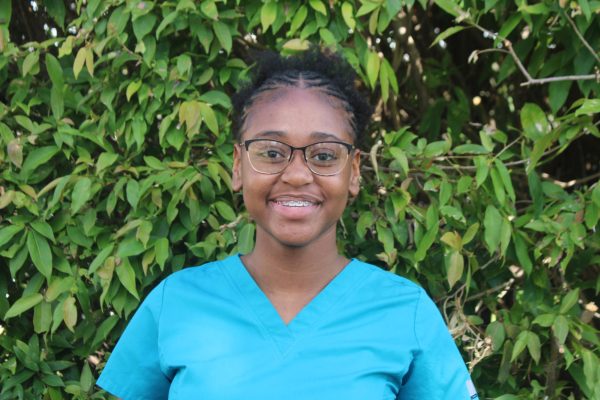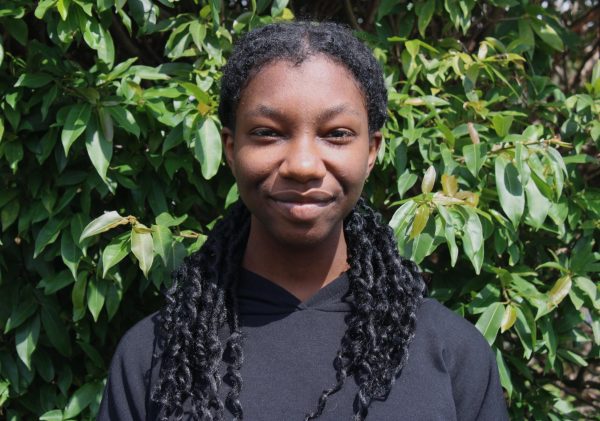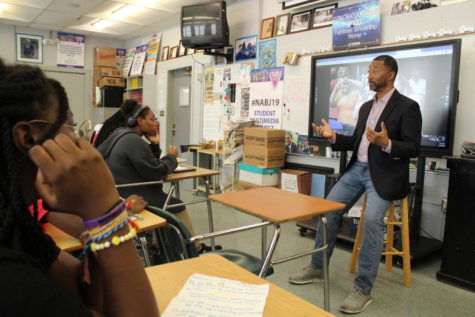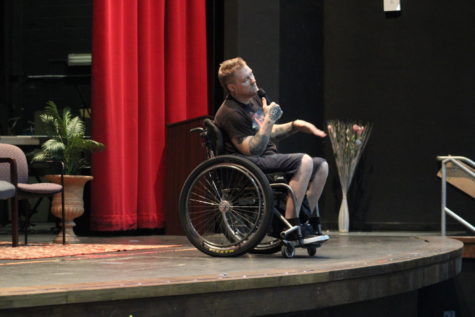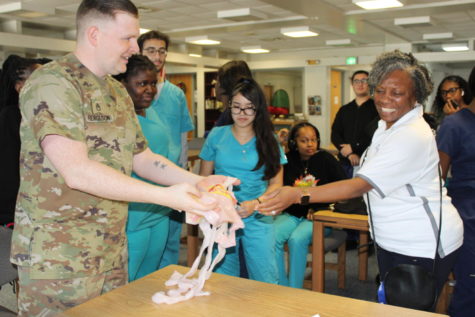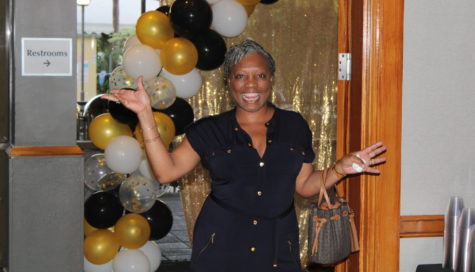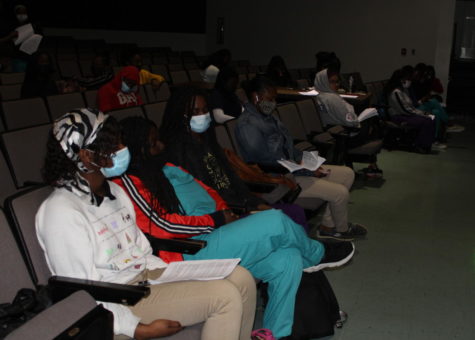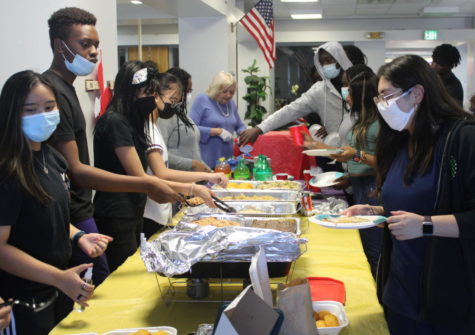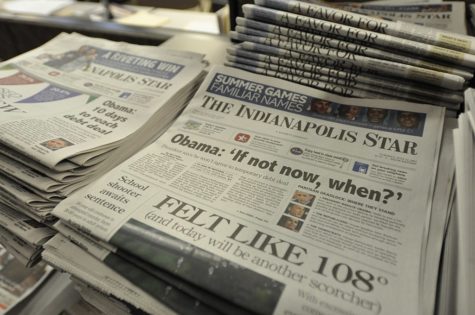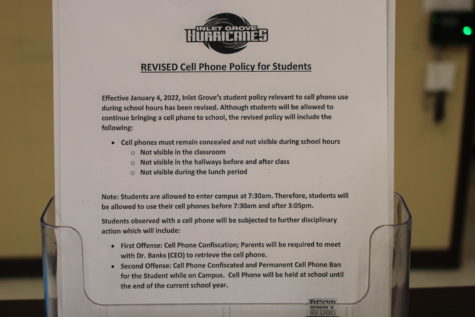WHM Week 2: Michelle Brown
Women’s History Month
ANYTHING IS POSSIBLE: Michelle Brown is the president of her own communications company, formerly worked for Palm Beach Post, and previously been the communications manager for various corporations.
March 12, 2020
West Palm Beach native, Michelle Brown, is the president of Kaliah Communications, Inc., has formerly reported for The Palm Beach Post, Bradenton Herald and Gainesville Sun, and has formerly been a communications manager for Arby’s, Inc., NCCI, Inc. and FPL.
Brown reflects on what Women’s History Month means to her:
What have been the most significant changes in women’s role in the past 20 years?
In terms of business, I believe the most significant changes in the world of black women, of which I am one, is that we are starting our own businesses at a faster rate than any other demographic. I learned this from watching a Netflix documentary on black female business-owners. Black women and women of color are also taking more leadership roles in corporations, nonprofits and schools. So in the past 20 years, I think this country is seeing more female leadership and business ownership, which is encouraging the next generation to think and go big.
What did you aspire to be when you were younger? Did you always know that you’d be doing what you do today? Why?
I aspired to have a role in a business environment because I watched my mother earn her degree at night school, then rise through the ranks at her job. I also watched her get professionally dressed and go to work everyday, so I went to the University of Florida knowing that I wanted to major in business. However, half way through school, I struggled with business classes, like accounting, so it was suggested that I switch majors into journalism. I used to write poetry in high school, so my best friend told me to apply to the J-school at UF. I got in, and it changed my career path. I did not know in high school that I would become a reporter, then a communications professional. I didn’t know that role existed when I was younger.
What does Women’s History Month mean to you? How has it affected you, personally? How does it benefit you?
Any commemorative month, such as Women’s History Month or Black History Month, is an opportunity to get educated on the hidden roles that people played to open doors for me and all women of color. I always learn something through the advertising and promotion of these months, and it makes me appreciative of how hard women worked to achieve what we have now.
In society, what stereotypes are put on women that should change? And how do you plan on changing it?
A stereotype that persists, which I feel is truly damaging, is that women’s work is worth less money. Women are still fighting for equal pay for equal work, which is crazy, considering we pay the same in tuition, the same in hours spent at honing our craft, and the same in effort to achieve mastery. I also believe the stereotype that men know better than women how to manage our bodies, as male politicians legislate policies that affect women, is one that should be completely abolished. Women should have total say in policies that affect our health, wellness, spirits and futures.
Do you have any female role models? Why?
My mother and my aunts are my role models. While I can appreciate the Michelle Obama’s and Beyonce’s` of the world, my mother and aunts served as daily reminders of what it takes to be successful. You have to do something every day, whether it’s feed your family, wash and iron your work clothes, make sure your car is running, or getting enough exercise. I watched my mom do this every day — not just on social media or TV. She was an up close role model, and she greatly influences my decisions today.

